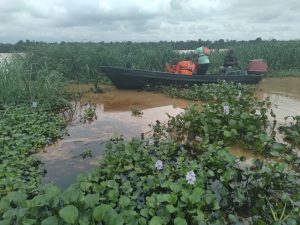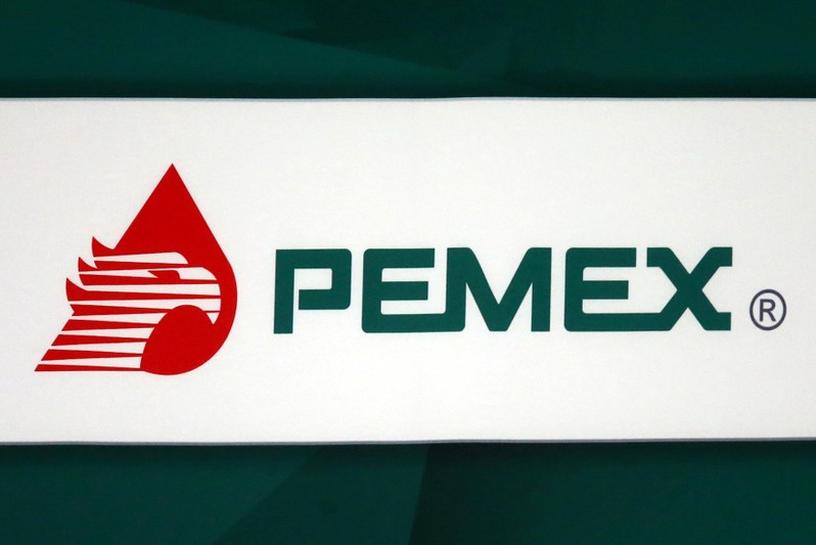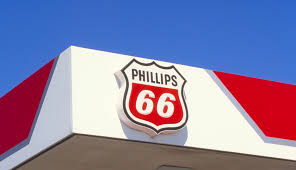
Mkpoikana Udoma
Port Harcourt — A coalition of civil society organisations has condemned Shell’s plans to sell its onshore assets in the Niger Delta, without addressing all ecological, health, economic and social impact concerns in the region.
The coalition also charged the Federal government to urgently place a moratorium on all oil company divestment (or sale of assets) in the Niger Delta, pending the ascertaining of issues of community concern.
Shell last week announced plans to sell its Nigerian onshore oil and gas subsidiary in Nigeria – the Shell Petroleum Development Company of Nigeria Limited – to Renaissance, a consortium of five companies, for up to $2.4 billion.
Renaissance, a consortium made up of five indigenous oil operators, namely ND Western, Aradel Energy, First E&P, Waltersmith and Petrolin, will pay $1.3 billion for consideration, according to Shell, and an additional payment of $1.1 billion relating to prior receivables at completion.
The coalition observed that Shell has been indicted severely on environmental pollution in the Niger Delta, such as in the UNEP Report on Ogoni in 2011, and the Bayelsa State Environment and Oil Commission report, titled “An Environmental Genocide – the human and environmental costs of Big Oil in Bayelsa State”, which showed a 1.5 barrels per capita pollution in the state.
The coalition stated these in a statement jointly signed by Rev. Nnimmo Bassey of Health of Mother Earth Foundation; Mr Ken Henshaw of We The People; Mr Akinbode Oluwafemi of Corporate Accountability & Public Participation Africa; Ms. Emem Okon of Kebetkache Women Development and Resource Centre; Mr. Tijah Bolton-Akpan of Policy Alert and Mr. Stephen Oduware of Niger Delta Alternatives Convergence.
According to them, given the well-established social, health, economic, and ecological impacts of Shell’s operation, it was inconceivable that the British company intends to merely sell its holdings and go, in an easy effort to evade accountability for the long-standing damages caused by oil extraction in the Niger Delta.
They regretted that the federal government and its regulatory agencies have failed to come up with a guide, policy or blueprint establishing the conditions and modalities for oil company divestment in the last six decades .
“As civil society organizations in Nigeria who have worked in the Niger Delta in the context of oil and gas extraction and its attendant ecological, economic, social and health impacts, we have keenly observed the scheming by Shell to sell off its onshore assets in Nigeria despite clear protestations by communities and civil society organizations. This transaction follows similar moves by Chevron, TotalEnergies, and ExxonMobil to sell off “oil assets” in the Niger Delta.
“While we acknowledge that businesses have the right to dispose of their assets as they see fit, we are concerned about the manner in which this transaction is carried out, as well as the immediate and long-term implications for communities and the cause of ecological justice,” the coalition said in the joint statement.
The statement further read: “Divestment, including the latest by Shell, have happened haphazardly and in manners solely determined by oil companies, paying little or no attention to the broader ecological, economic and social impacts that their activities have bequeathed to communities.
“The communities which Shell often refer to as its ‘hosts’ and have endured the impacts and inconvenience of oil extraction for over 6-decades, have not been consulted or informed of this planned sale. Several of these communities only learned from the news that oil assets situated in their ancestral lands and rivers are on sale.
“Shell has persistently engaged in irresponsible and reckless hydrocarbon extraction practices resulting in severe ecological, health and economic consequences. Multiple inquiries have determined that the corporation and its associates are responsible for causing environmental destruction that has devastated people’s means of living, contaminated communities, and facilitated situations that violate human rights.
“It is pertinent that Shell owns up to its responsibility for the ecocidal damage of territories they have exploited. This means full payment for the remediation and restoration of the polluted areas as well as reparations to the host communities. They cannot walk away from the grave and irreparable harm they have caused.”
The coalition demanded the federal government to scientifically developed post hydrocarbon impact assessment report that establishes the exact ecological and livelihoods impacts of oil extraction.
“The federal government to immediately produce a framework and guide for how oil companies disengage from areas where they have operated. This guide should be developed by a multi stakeholder group including communities and civil society organizations. The divestment framework must contain the following requirement for oil companies and the Nigeria authorities:
“A health audit of people located near extraction sites, and others exposed to oil contamination and gas flaring. This audit will aim at unravelling the negative health impacts of exposure to hydrocarbons.
“A detailed plan and costing for remediating the ecological, livelihood and health impacts of extraction. The establishment of independent frameworks for remediating all identified impacts and compensation to the impacted individuals and communities. Posting of funds in a designated account commensurate for the cleanup of impacted ecosystems and restoration of livelihoods,” the coalition demanded.



